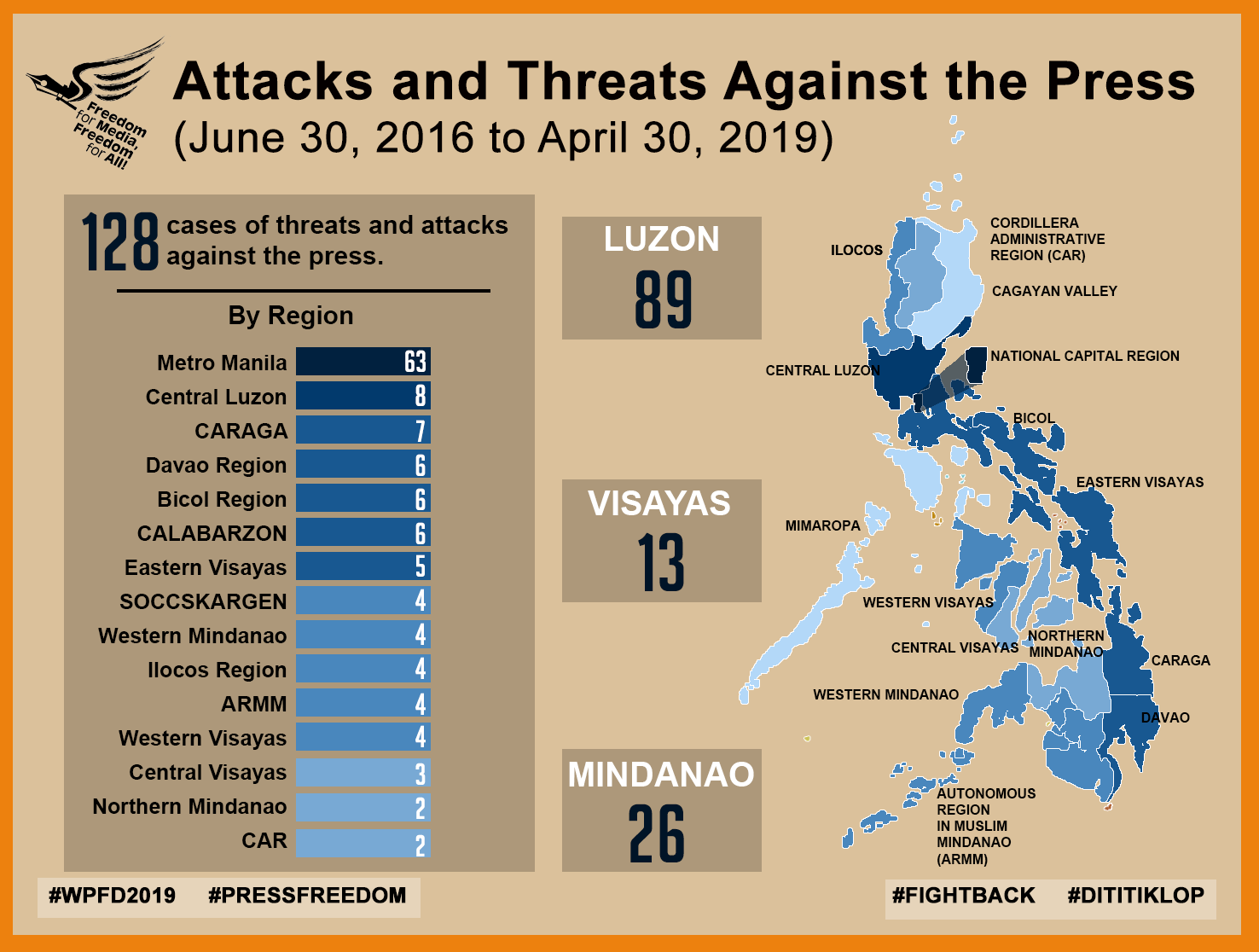#ChecktheFAQs campaign to fight vaccine misinformation
There is growing pressure for social media platforms to do more to combat vaccine hoaxes and misinformation. Facebook, Google, TikTok and Twitter are supporting the #ChecktheFAQs campaign to help fight Covid-19 and vaccine misinformation online.
Launched by the Department of Health (DoH), the initiative emphasizes “the importance of accurate information in the fight against Covid-19 and encourages the public to fact-check information that they come across.”
Let’s see what these tech companies have been doing to fight misinformation.
Clare Amador, head for public policy of Facebook Philippines, says they are taking action against accounts that break their Covid-19 and vaccine rule, including reducing their distribution or removing them from their platform. With the expanding vaccine rollout, Amador adds that they will continue working with global and national health authorities, including the DoH, to make it accessible for people to find authoritative Covid-19 and vaccine information across Facebook’s apps.
READ: Tackling vaccine hesitancy
As part of Google’s ongoing role in the fight against Covid-19, Bernadette Nacario, country director of Google Philippines, says their drive includes taking down harmful and misleading content across their products, raising authoritative information on Search and YouTube, providing ad grants, and supporting quality news reporting on vaccines. Over 700,000 videos related to dangerous or false Covid-19 information have been removed globally.
To combat misinformation, TikTok collaborates with fact-checking partners to determine whether the content shared on the platform is false. According to Kristoffer Rada, TikTok Philippines head for public policy, they take away any misinformation that is violative of their community guidelines that may cause harm to public health.
READ: Tackling misinformation in closed social media spaces
Removing false information surrounding Covid-19 is the action Twitter implements. They recently applied labels to such tweets. Monrawee Ampolpittayanant, head of public policy, government and philanthropy of Southeast Asia of Twitter, adds that joining with DoH helps strengthen their efforts to promote and provide people with the latest authoritative public health information on Twitter.
These tech companies are giving access to factual information which would help build public confidence on vaccines, as well as provide credible information on taking care of ourselves in this time of pandemic.
What I want to see is Viber taking a more proactive role in curbing misinformation. Next to YouTube, Facebook, Facebook Messenger, Instagram, Twitter, TikTok and Pinterest, Viber is the eighth most-used social media platform based on the 2021 We Are Social statistics. Internet users aged 16 to 64 years old who use Viber in the past month comprise 36.9 percent. Some netizens could use multiple platforms, but I know many who use Viber as their only messaging platform.
As an administrator of three Viber group chats, I witnessed the surge of ivermectin posts that say it is a prophylaxis or prevention for Covid-19. Ivermectin is a broad spectrum antiparasitic agent included in the World Health Organization (WHO) essential medicines list for several parasitic diseases.
The World Health Organization states that “the current evidence on the use of Ivermectin to treat Covid-19 patients is inconclusive. Until more data is available, WHO recommends that the drug only be used within clinical trials.”
What I find worrisome is that I am reading posts that show dosages for self-medication, attributed to “someone who knows,” “someone who attended a forum,” or “on another Viber group.”
To dispel the misleading posts, I share links to credible sources such as the WHO or medical groups that warn the public against the purchase of the unregistered ivermectin and the use of the product for treatment of Covid-19.
READ: The fight against misinformation on Covid-19 vaccine
Reporting misinformation or inappropriate content in Viber is limited to community groups. Based on a discussion with a fellow admin, some users have decided not to get vaccinated. She sees the popularity of ivermectin as a reaction to the frustration of delayed vaccinations and a surge of positive cases.
Users are looking for ways to protect themselves. As one told me, “A lot believe in ivermectin in my group. People are desperate.” The message that “if you have ivermectin, you won’t need a vaccine” gets amplified by our vulnerable and desperate Viber titos and titas. What could Viber do? Aside from being part of #ChecktheFAQs campaign, perhaps, Viber could attach information panels, when one forwards messages with keywords surrounding Covid-19.
#ChecktheFAQs regarding Covid-19 and vaccine information is located at https://doh.gov.ph/faqs/vaccines.
First published on Sunday Business & IT on April 11, 2021

